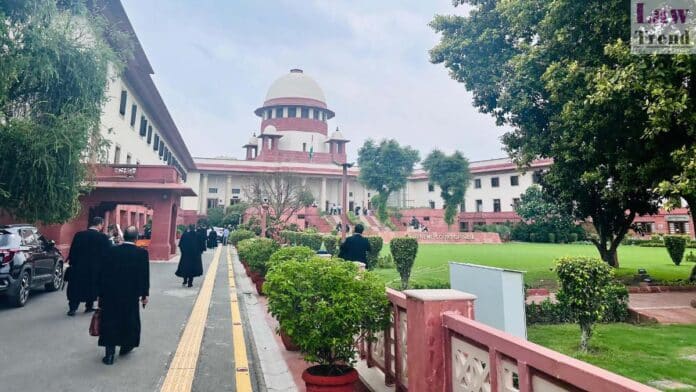The Supreme Court of India has quashed criminal proceedings instituted against a former partner of a firm, holding that criminal breach of trust and cheating are distinct offences that cannot co-exist simultaneously on the same set of facts. The Court observed that the criminal machinery was being misused to settle a civil dispute regarding partnership
To Read More Please Subscribe to VIP Membership for Unlimited Access to All the Articles, Download Available Copies of Judgments/Order, Acess to Central/State Bare Acts, Advertisement Free Content, Access to More than 4000 Legal Drafts( Readymade Editable Formats of Suits, Petitions, Writs, Legal Notices, Divorce Petitions, 138 Notices, Bail Applications etc.) in Hindi and English.




